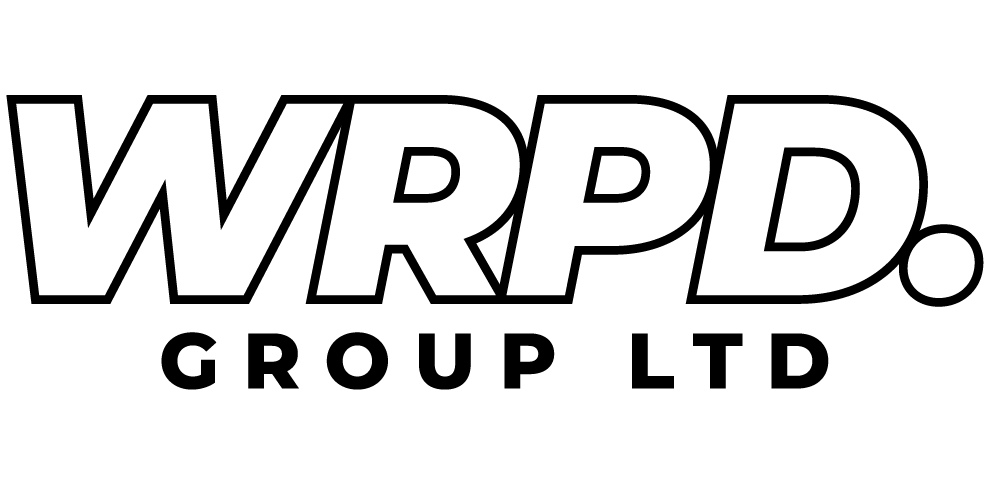Hundreds of thousands of classic cars and common family run-arounds could be at risk of being incompatible with new types of petrol under government plans to increase the maximum percentage of biofuel permitted in forecourt pumps, the RAC Foundation has warned.
A new government consultation aims to determine the level of support for the proposed E10 formulation, which would allow ordinary forecourt pumps to supply petrol with up to 10% biofuel content.
While many modern-day vehicles would run fine on this, there is not universal compatibility, especially among classic cars and some of the most popular family car models.
Is my car compatible with E10 petrol?
Figures from the RAC Foundation show that as of mid-2017, there were over 860,000 incompatible vehicles registered on the DVLA database.
These include:
- 18,162 Mazda MX5
- 20,890 MG MGB
- 12,796 Morris Minor
- 15,785 Nissan Micra
- 28,066 VW Golf
Along with many thousands more classic cars aged over 40 years, and therefore exempt from vehicle excise duty, any vehicles not fully compatible with E10 petrol would be at risk of engine damage if they attempted to run on the proposed new petrol with higher biofuel content.
Until now, the existing maximum percentage has been just 5% and the government consultation aims to protect ordinary motorists against adverse economic impacts from increasing the threshold to 10%.
Who will be most affected by E10 petrol?
Unusually, this is a change that is likely to have the greatest impact at opposite ends of the income scale, due to the two main types of vehicles that will be affected by E10 petrol being introduced.
On the one hand, many of the older family run-arounds will be at the lower end of the value range, and are likely to be driven by families with lower overall incomes – and may have been owned by the same family for many years.
Meanwhile at the other extreme, classic car enthusiasts could be affected by a dramatic drop in the availability of fuels that their vehicles can safely run on, or by engine damage if they are forced to fuel a classic vehicle using E10 petrol because nothing else is easily available.
Where can I buy E5 petrol?
The consultation proposes that any forecourt that sells E10 fuel will also be required to sell standard E5 petrol for the time being.
That means E5 petrol should still be widely available – at least for now – and crucially prevents forecourts from only stocking expensive super-grade E5 petrol as a way to profiteer on motorists who need to use it.
But drivers will still need to know which grade their vehicle is compatible with, as RAC Foundation director Steve Gooding pointed out:
“As and when E10 appears on the forecourts, drivers need to know whether their cars can use it without being damaged.
“This analysis shows that, even in a couple of years’ time, there will still be hundreds of thousands of cars on our roads that are incompatible with the new fuel.
“Whilst some of those incompatible with E10 fuel will be historic models, many will be old but serviceable everyday run-arounds that people on a tight travel budget rely on to get about.”
The Department for Transport consultation is open until September 16th 2018 and welcomes responses from motoring groups and specifically from owners of older E10-incompatible vehicles, making it an important opportunity for classic car enthusiasts to make their voices heard on the issue.
